Introduction
Seasonal allergies can be a common issue for dogs, causing discomfort and irritation. Understanding the symptoms and treatment options for these allergies is crucial for pet owners. From itchy skin to sneezing and runny noses, dogs can display various signs of seasonal allergies. Veterinary examinations and allergy testing can help diagnose the specific allergens affecting your dog. Treatment options include medications, immunotherapy, and natural remedies. By managing allergies and seeking early detection and treatment, pet owners can provide relief and improve their dog's quality of life.
What are seasonal allergies in dogs?

Seasonal allergies in dogs, also known as atopic dermatitis, are allergic reactions that occur during specific times of the year. These allergies are triggered by substances such as pollen or mold spores that are more prevalent during certain seasons. When a dog is exposed to these allergens, their immune system overreacts and releases chemicals that cause itching, inflammation, and other allergic symptoms. Managing seasonal allergies is important for providing relief and improving the quality of life for allergy-prone dogs.
How common are seasonal allergies in dogs?

Seasonal allergies are quite common in dogs, affecting a significant number of them each year. It is estimated that about 10-20% of dogs suffer from allergies, and a large portion of those allergies are seasonal in nature. This means that during certain times of the year, dogs may experience symptoms such as itching, sneezing, and runny nose due to seasonal allergens like pollen and mold. Recognizing and treating these allergies is important for providing relief and improving the quality of life for allergy-prone dogs.
Causes of Seasonal Allergies in Dogs

Seasonal allergies in dogs are typically caused by environmental factors such as pollen, mold, and fungi. These allergens can trigger an immune system response in sensitive dogs, leading to symptoms like itchy skin and respiratory issues. Pollen from grasses, trees, and weeds is a common culprit, while mold and fungi thrive in damp environments. Understanding these causes can help pet owners better manage their dog's allergies and provide appropriate treatment.
Pollen
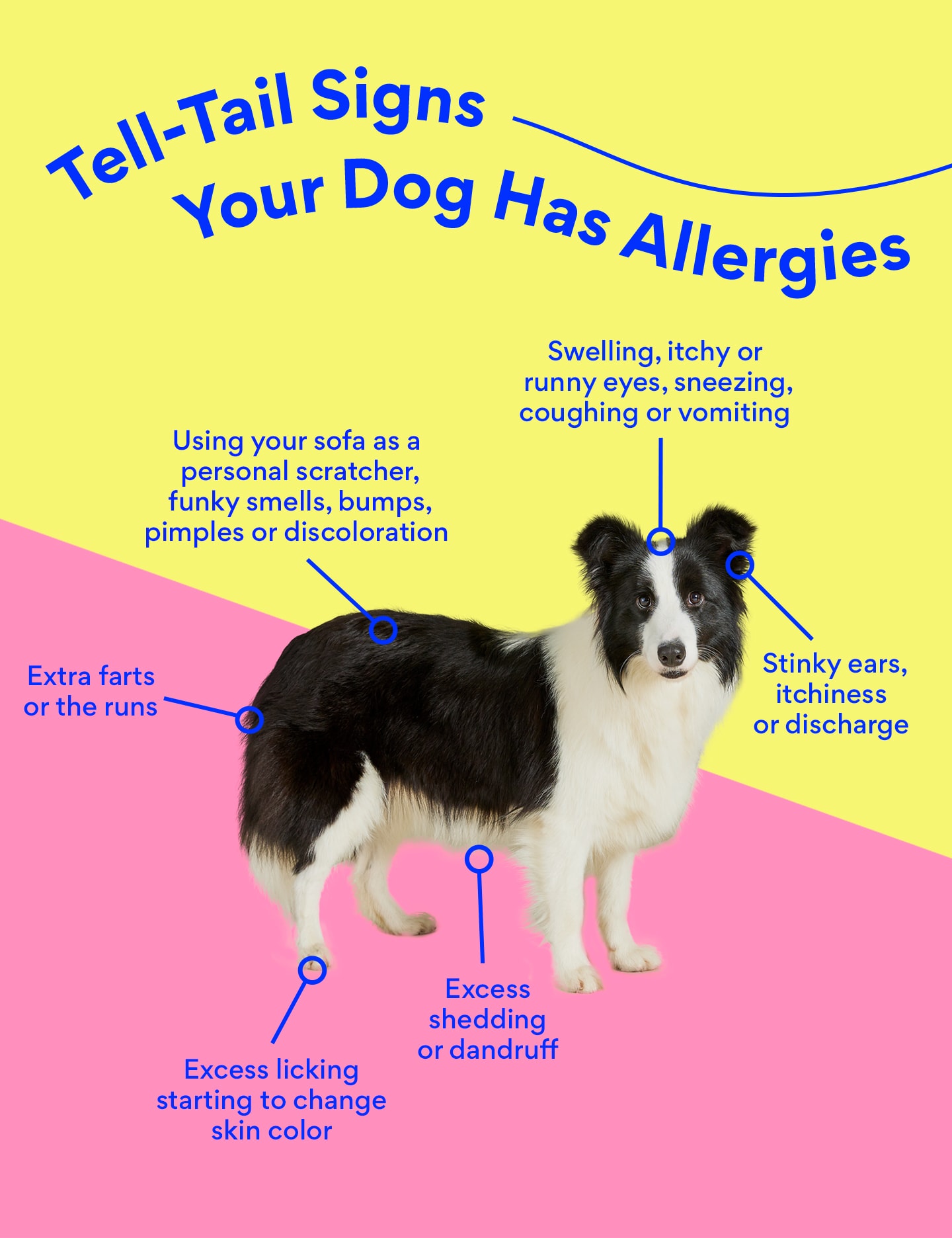
Pollen is one of the common causes of seasonal allergies in dogs. Pollen grains are released by grass, trees, and flowers during the spring and summer months. When dogs inhale pollen or it comes in contact with their skin, it can trigger an allergic reaction. Common symptoms include itching, sneezing, and watery eyes. Dogs with seasonal allergies may benefit from limiting their exposure to areas with high pollen counts and receiving appropriate treatment from a veterinarian.
Mold and Fungi

Mold and fungi are another common cause of seasonal allergies in dogs. These microscopic organisms thrive in damp environments and can trigger an allergic reaction when inhaled or come into contact with a dog's skin. Mold spores can be found both indoors and outdoors, making dogs susceptible to these allergens year-round. It is important to keep the dog's living area clean and dry to minimize exposure to mold and fungi.
Symptoms of Seasonal Allergies in Dogs

Itchy skin is a common symptom of seasonal allergies in dogs. They may scratch excessively, chew on their paws, or rub against furniture to relieve the irritation. Sneezing and a runny nose are also signs of allergies. If you notice these symptoms during specific seasons, your dog may be experiencing seasonal allergies. Veterinary examination and allergy testing can help diagnose the condition accurately.
Itchy skin

Itchy skin is one of the most common symptoms of seasonal allergies in dogs. Dogs with allergies may exhibit excessive scratching, biting, or licking of their skin, which can lead to redness, irritation, and even hair loss. Itching usually occurs in specific areas such as the paws, groin, and armpits. If your dog is constantly scratching or biting at their skin, it is important to consult with a veterinarian for proper diagnosis and treatment.
Sneezing and runny nose

Sneezing and a runny nose are common symptoms of seasonal allergies in dogs. Just like humans, dogs with allergies may experience these symptoms due to the irritation caused by allergens in the air. Sneezing helps dogs remove allergens from their nasal passages, while a runny nose is the body's way of trying to flush out irritants. If you notice your dog sneezing frequently or having a runny nose during certain seasons, it could be a sign of seasonal allergies.
Diagnosing Seasonal Allergies in Dogs
Veterinary examination: A thorough examination by a veterinarian is the first step in diagnosing seasonal allergies in dogs. The vet will evaluate the dog's medical history, the onset and duration of symptoms, and perform a physical examination. They may also conduct additional tests to rule out other potential causes of the symptoms.
Allergy testing: If the veterinarian suspects seasonal allergies, they may recommend allergy testing to identify specific allergens causing the reaction. This can be done through blood tests or intradermal skin tests. The results will help determine the best course of treatment and allergen avoidance strategies for the dog.
Veterinary examination
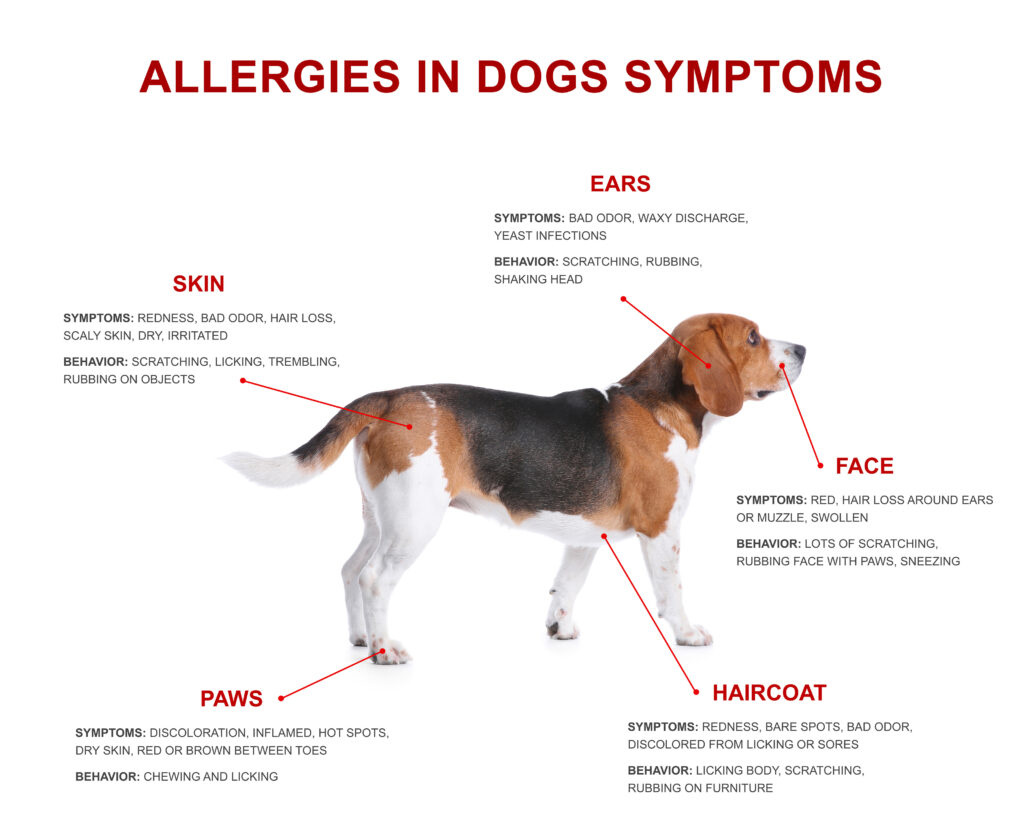
During a veterinary examination for seasonal allergies in dogs, the veterinarian will carefully assess the dog's symptoms and medical history. They may perform a physical examination to check for any signs of skin irritation or inflammation. The veterinarian may also recommend additional tests, such as skin scrapings or blood work, to rule out other possible causes of the dog's symptoms. Based on the findings, the veterinarian will develop an appropriate treatment plan to address the seasonal allergies and provide relief for the dog.
Allergy testing

Allergy testing is a crucial step in diagnosing seasonal allergies in dogs. This involves conducting specific tests to identify the allergens that trigger the dog's allergic reactions. Common allergy testing methods include intradermal skin testing and blood tests. Intradermal testing involves injecting small amounts of allergens into the skin and examining the dog's reaction. Blood tests measure the levels of specific antibodies in the bloodstream, indicating an allergic response to certain substances. The results of allergy testing help veterinarians develop effective treatment plans for managing seasonal allergies in dogs.
Treatment Options for Seasonal Allergies in Dogs

Medications and antihistamines are commonly used to treat seasonal allergies in dogs. These medications help reduce the allergic response in the body and provide relief from symptoms such as itching and sneezing. Another treatment option is allergen-specific immunotherapy, which involves injecting small amounts of the allergen over time to desensitize the dog's immune system. It is important to consult with a veterinarian to determine the most effective treatment plan for your dog's specific allergies.
Medications and antihistamines
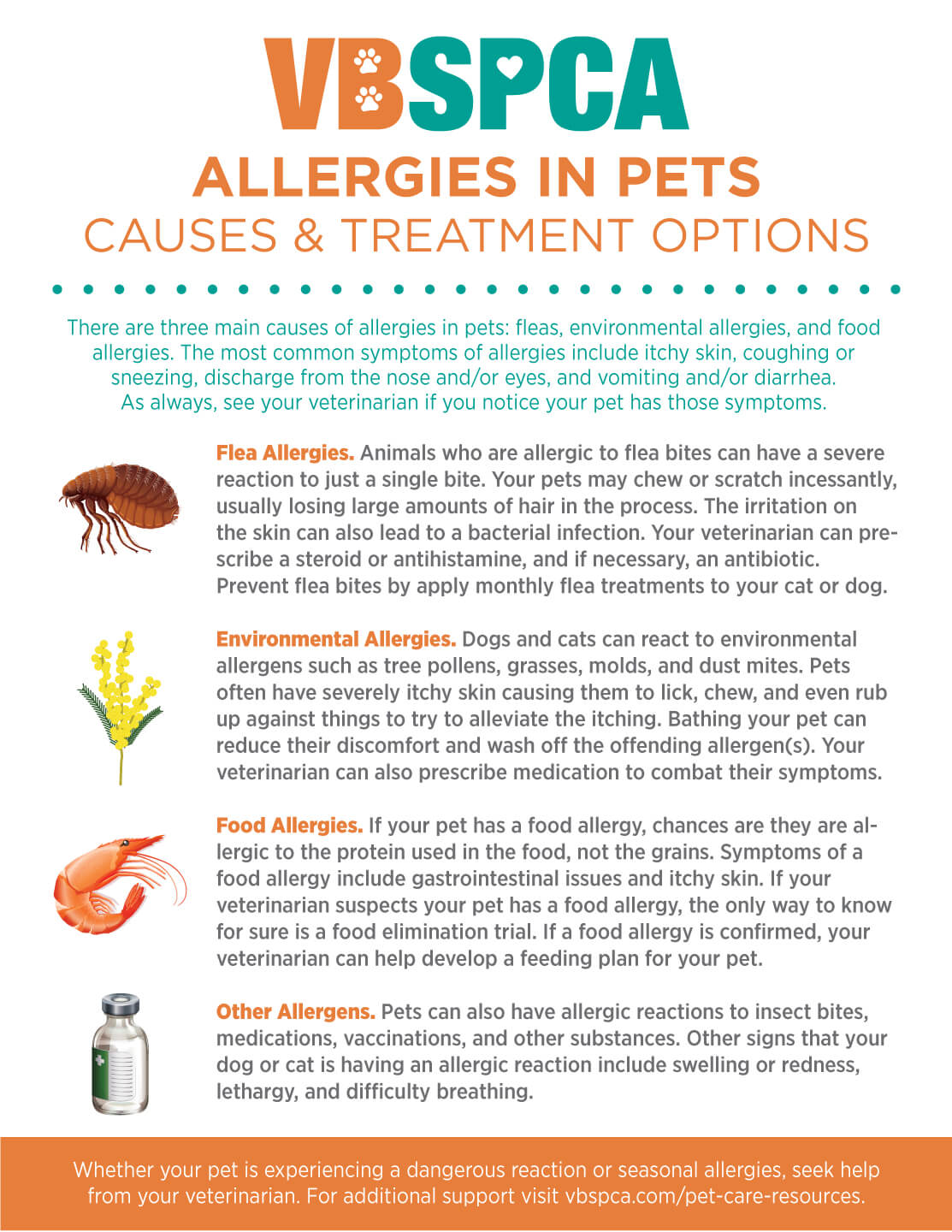
Medications and antihistamines can be effective in managing the symptoms of seasonal allergies in dogs. Veterinary-prescribed medications, such as corticosteroids and non-steroidal anti-inflammatory drugs (NSAIDs), can help reduce inflammation and alleviate itching. Antihistamines, like Benadryl, are commonly used to block histamine receptors and provide relief from allergy symptoms. However, it is important to consult with a veterinarian before giving any medications to your dog, as dosages and potential side effects vary depending on the dog's health condition.
Allergen-specific immunotherapy

Allergen-specific immunotherapy is a treatment option for dogs with seasonal allergies. It involves exposing the dog to small amounts of the allergens that trigger their symptoms, gradually increasing the dose over time. This helps desensitize the dog's immune system and reduce their allergic reactions. Allergen-specific immunotherapy can be administered through injections or sublingual drops. It is a long-term solution that can provide lasting relief for dogs with seasonal allergies.
Managing Seasonal Allergies in Dogs

Bathing and grooming routines are crucial in managing seasonal allergies in dogs. Regular bathing helps remove allergens from their fur and skin, providing relief from itching and discomfort. Additionally, grooming can help keep their coat clean and free of pollen and other irritants. It is also important to minimize outdoor exposure during peak allergy seasons and keep their living environment clean to reduce allergen exposure.
Bathing and grooming routines

Regular bathing and grooming routines play an important role in managing seasonal allergies in dogs. Bathing helps to remove allergens from the dog's skin and coat, providing relief from itching and irritation. It is recommended to use hypoallergenic shampoo specifically formulated for dogs with allergies. Regular brushing also helps to remove pollen and other allergens from the coat. Keeping the dog's skin clean and free from allergens can help reduce symptoms and improve their overall comfort.
Minimizing outdoor exposure

Minimizing outdoor exposure is an important strategy in managing seasonal allergies in dogs. By reducing their time spent outdoors, especially during peak allergy seasons, you can help to minimize their exposure to allergens such as pollen and mold. Consider keeping your dog indoors during times of high pollen counts, and provide them with plenty of indoor activities and enrichment to keep them entertained. Additionally, wiping down your dog's paws and coat after outdoor walks can help remove any allergens they may have come into contact with.
Natural Remedies for Seasonal Allergies in Dogs

Natural remedies can sometimes provide relief for dogs with seasonal allergies. Omega-3 fatty acids, found in fish oil supplements, have anti-inflammatory properties that can help reduce itchiness and inflammation in the skin. Herbal supplements like chamomile or licorice root may also help to soothe allergic reactions. However, it's important to consult with a veterinarian before trying any natural remedies to ensure they are safe and appropriate for your dog.
Omega-3 fatty acids

One natural remedy that can help alleviate the symptoms of seasonal allergies in dogs is the supplementation of omega-3 fatty acids. These essential fatty acids have anti-inflammatory properties, which can reduce itching and inflammation caused by allergens. Incorporating omega-3s into a dog's diet through fish oil supplements or foods rich in these fatty acids can promote healthier skin and a stronger immune system, potentially reducing the severity of seasonal allergy symptoms. Consulting with a veterinarian is advised to determine the appropriate dosage for your dog.
Herbal supplements

Herbal supplements can provide relief for dogs with seasonal allergies. Some commonly used herbs include nettle leaf, licorice root, and burdock root. These herbs have anti-inflammatory properties and can help reduce itching and inflammation associated with allergies. However, it is important to consult with a veterinarian before starting any herbal supplements to ensure their safety and effectiveness for your dog.
Preventing Seasonal Allergies in Dogs

Preventing Seasonal Allergies in Dogs is essential for their overall well-being. Regular veterinary check-ups play a crucial role in early detection and treatment of allergies. Additionally, implementing allergen avoidance strategies can greatly reduce the risk of allergies in dogs. This includes keeping the dog's environment clean, using hypoallergenic bedding, and ensuring their diet is well-balanced and free from potential allergens. Taking preventive measures can help keep your furry friend allergy-free and improve their quality of life.
Regular veterinary check-ups
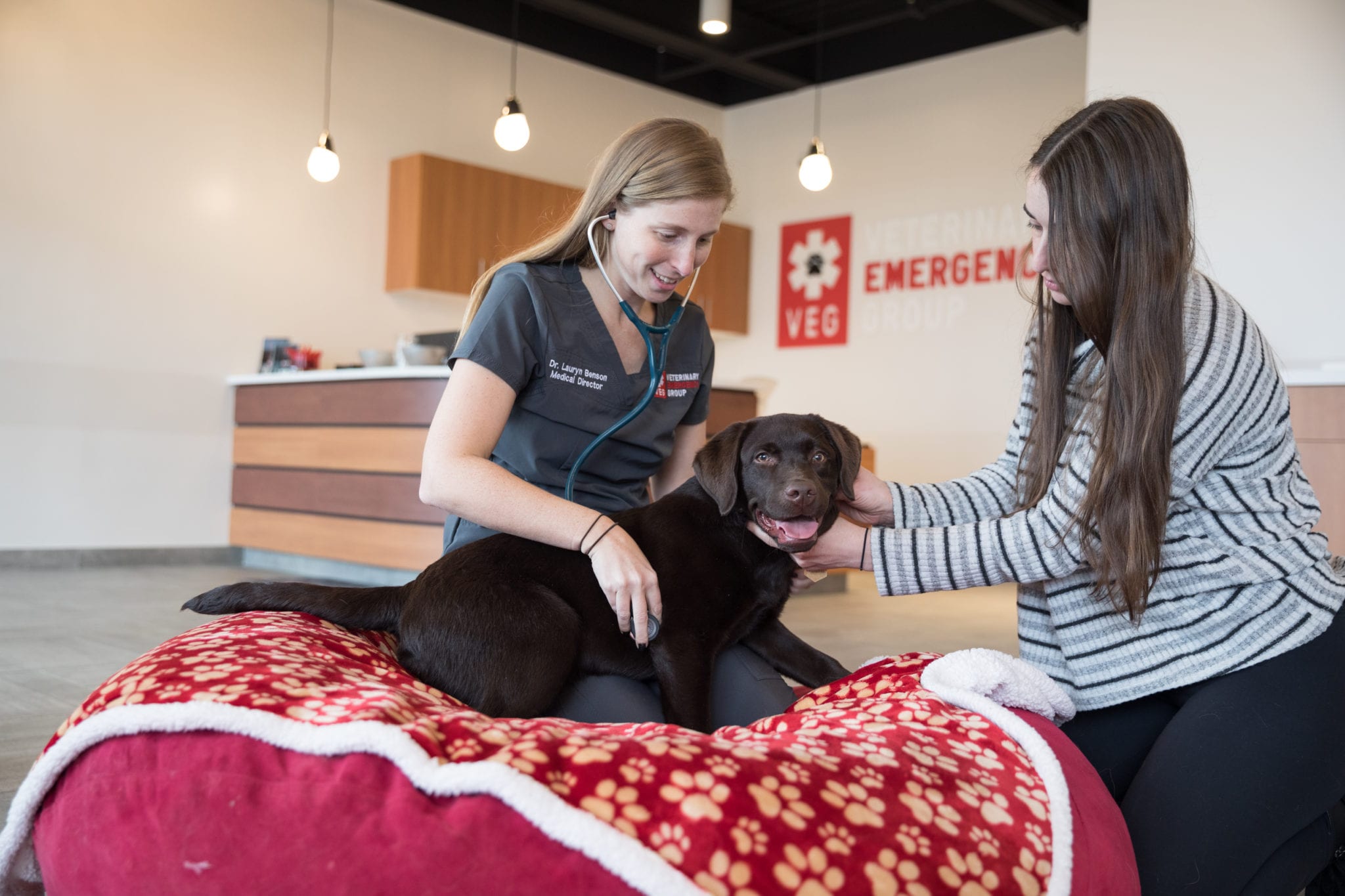
Regular veterinary check-ups are crucial for the overall health and well-being of dogs, especially those prone to seasonal allergies. During these check-ups, veterinarians can assess the dog's condition and detect any allergies or underlying health issues. They can also provide preventative measures and recommend appropriate treatments. By scheduling regular veterinary check-ups, pet owners can ensure that their dogs receive proper care and maintain a better quality of life.
Allergen avoidance strategies
Allergen avoidance strategies play a crucial role in managing seasonal allergies in dogs. These strategies involve minimizing the exposure to allergens that trigger allergic reactions. Pet owners can take several steps to reduce their dog's contact with allergens, such as keeping windows closed during high pollen count days, regularly cleaning and vacuuming the house, and avoiding areas with mold or fungi. By implementing these strategies, dog owners can help alleviate their pet's symptoms and improve their overall quality of life.
Conclusion
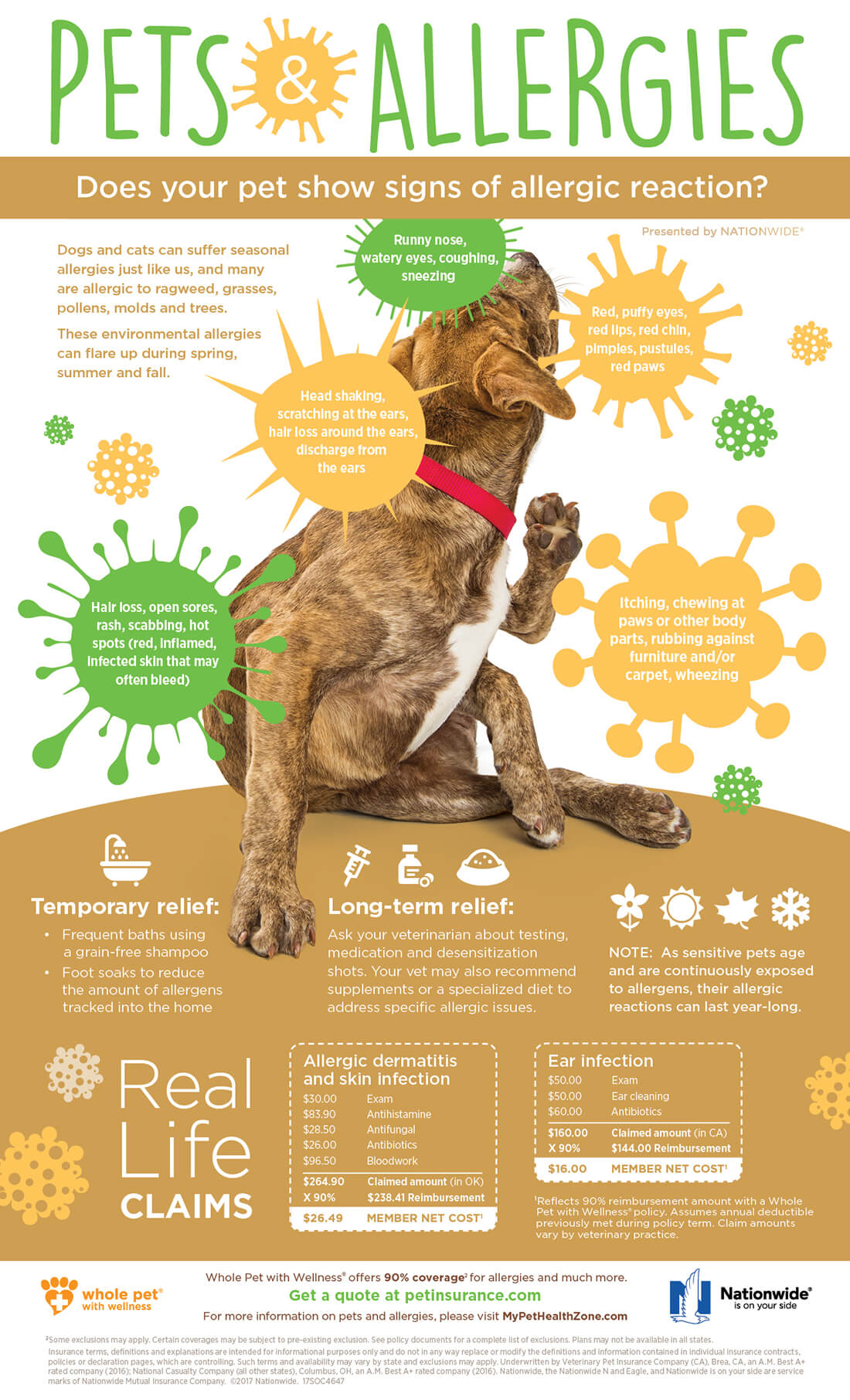
In conclusion, understanding seasonal allergies in dogs is crucial for pet owners to recognize and address the symptoms effectively. By identifying the causes and symptoms, seeking veterinary diagnosis, and exploring treatment options such as medications, immunotherapy, and natural remedies, pet owners can provide relief for their allergy-prone dogs. Regular veterinary check-ups and allergen avoidance strategies can also help prevent seasonal allergies in dogs. Early detection and treatment are essential for improving the quality of life for these furry companions.
Importance of early detection and treatment

Early detection and treatment of seasonal allergies in dogs are crucial for several reasons. Firstly, identifying the symptoms early on allows for prompt intervention, minimizing discomfort and potential complications. Secondly, early treatment can help prevent the allergies from worsening and becoming more severe over time. Moreover, addressing the issue promptly can improve the dog's overall quality of life by providing relief from itching and other discomforts associated with allergies. Therefore, pet owners should remain vigilant and seek veterinary assistance as soon as they notice any signs of seasonal allergies in their dogs.
Providing relief and improving quality of life for allergy-prone dogs

To provide relief and improve the quality of life for dogs prone to seasonal allergies, there are several strategies pet owners can implement. This includes regular bathing and grooming routines to remove allergens from their fur, minimizing outdoor exposure during peak pollen seasons, and considering natural remedies such as omega-3 fatty acids or herbal supplements. By following these measures, pet owners can help alleviate their dog's symptoms and ensure a happier and healthier life for their furry companions.




0 Comments